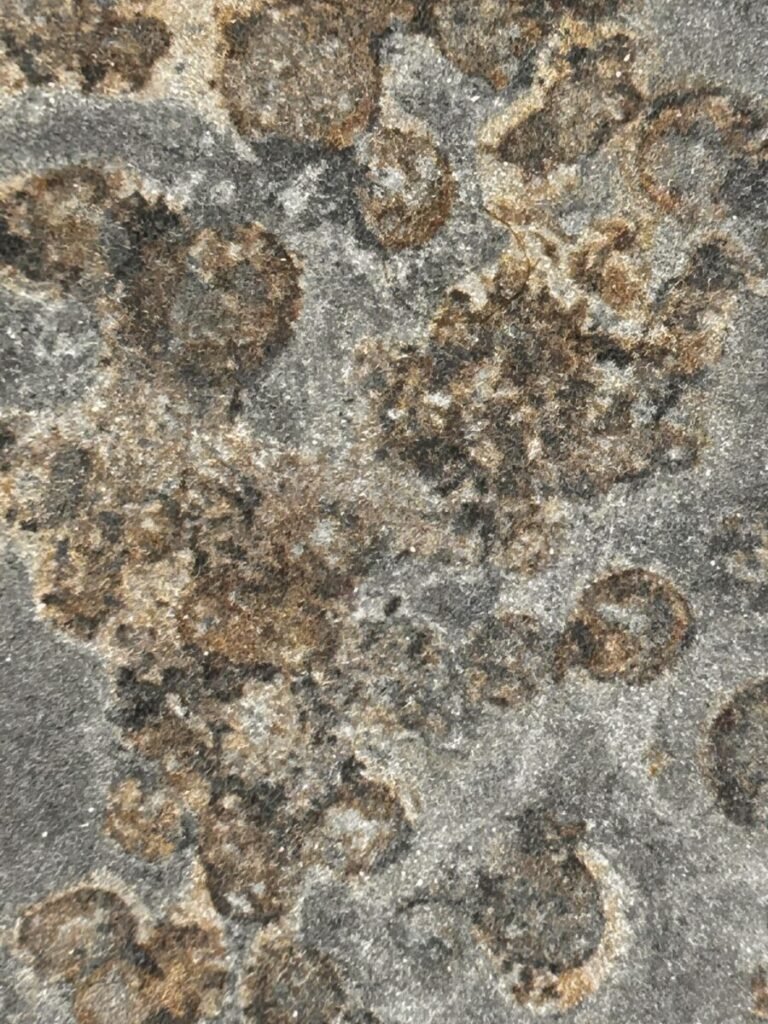
Several months ago, a fellow Streetlight editor wrote a Street Talk blog about her frustration with pestering and inappropriate advertising e-mails which show up on her screen by the zillions. Though I don’t have the same level of harassment, her words provoked me to contemplate the pervasiveness of advertising. One can hardly play a mind-exercising game on the iPad without constant interruption. Most intrusions try to persuade you to purchase more game downloads, but other products are promoted as well. Every online video is ‘sponsored’ by some advertiser. Thankfully, after a few seconds countdown, you can usually opt to skip the punchline. Even while pumping gasoline, a screen of useless information screeches, loud enough to be embarrassing though the same thing is happening at the other pumps.
Of course, promoting product, method, or personality has been around for a while, but the speed and ubiquity of contemporary communication has muscled-out the old idea of print advertising that you could peruse and evaluate at leisure. Pharmacological adverts try very hard to convince you that you have conditions or diseases that you never knew you had. Lawyers too, try to coax you to sign up for class action lawsuits, or injury suits if you stub your toe or do stupid things. I sincerely hope that young people have the savvy-wisdom to resist such assaults. My primary care physician complains that some patients ask for different medications simply because they saw them recommended on TV.
Spam filters and mute buttons can’t catch all the trash that is aimed, scatter-shot, at us. Advertising is a pollution like omniscient light pollution which has been proven to alter our brains. This barrage of advertising is altering our interaction with the world. Much of it is aimed squarely at young people and again, it has been shown that too much media engagement with its constant advertising is putting them at risk for alienation, bullying, depression, feelings of low self-worth, and sadly, suicide. We have an epidemic of loneliness these days though the condition isn’t new: “All the lonely people, where do they all come from?” (the Beatles, “Eleanor Rigby”).
And as is well known, the boundaries between fact-based information and cult-based lies, hate, and conspiracy are more than blurred, but are co-mingled, one masquerading as the other. Parenthetically, a recent book, Reader Come Home, The Reading Brain in a Digital World, by Maryanne Wolf, worries about the near extinction of ‘deep,’ reading; that is, meaningful reading. We are so addicted (yes, you read that correctly) to electronic devises that we consume in a very cursory way, our minds jumping distractedly without actually absorbing much of what is before our eyes.
The problems with contemporary advertising is that it is endemic to every social activity; there is simply too much of it. Despite market research, much advertising is inappropriate to many situations and, cynic that I am, not particularly truthful. You remember that admonition to read the fine print. Well, the skill is becoming more important and less practiced day by day. Remember the tobacco industry’s masterful hoodwinking of the public? The list of corporate cover-ups and malfeasance has grown rapidly in recent years so that now it is almost a given. It is well-known that the twenty-four-hour news cycle demands constant babble, repetition, and analysis of negative what-ifs. The prediction racket is what the news has become. As I am trying to avoid rant, I won’t mention what this tactic has done to our political discourse.
As a concrete illustrative parallel between this news media pollution and physical or environmental pollution, one could pick any number of world problems, but take plastics for instance. In the movie The Graduate (1967), it was forecast that plastics were the future. Mr. McGuire says “There’s a great future in plastics. Think about it. Will you think about it?” and he was right. When my wife and I are on our routine walk around our small rural village, we notice a plethora of tiny and not so tiny bits of plastic: logo cups, ear buds, zip-ties, and the nameless shards of many colors, not to mention ordinary litter like Corona beer caps, ripped Lotto tickets, and star-drive decking screws. Each rain these bits of plastic are floated to the storm drains which empty into Town Creek snaking through town, meeting Dillard Creek, and thence into Rucker Run to the Tye River, the James River and into the Chesapeake Bay.
Surprising or not, plastic is everywhere and plastic is ersatz everything. It takes the place of the natural materials of clay, metals, woods, fabrics, and leather; even mother of pearl, gold leaf, and ivory. Science has detected plastic in most environments and even our blood streams. Think about that! The term micro-plastics belies the HUGE problem of plastic pollution. The plastic kill of marine wildlife is beyond measure. Many people worry about global warming, and I include myself, but the human population is committing suicide by mishandling the advances we have made. The air, water, and soil of our earth are adulterated by innumerable chemicals of our own invention. Yes, yes, we are all bundles, or soups of chemicals (and we are man-made!)
There is almost always a lag between problems arising and the gathering public will to do something about them. To my mind, this sort of pollution is a synonym for corruption in the sense of debasement, decay, and demise. I’d say this corruption is evidenced by corporate dishonesty, political deceit, and humanity’s lack of compassion and dedication to the common good. Let’s hope we wake up in time to save ourselves. Among some futurists, there is dead seriousness concerning the end of our species. And where does the end begin?

Share this post with your friends.


You have done a good job, Mr. Wilbur, of evoking the frustration of being powerless to avoid endless advertising.
I have tried to content myself with a reminder that advertising is the price we must pay for free internet and TV.
But then I realize that we pay for them, and we do it with a metaphorical plastic.